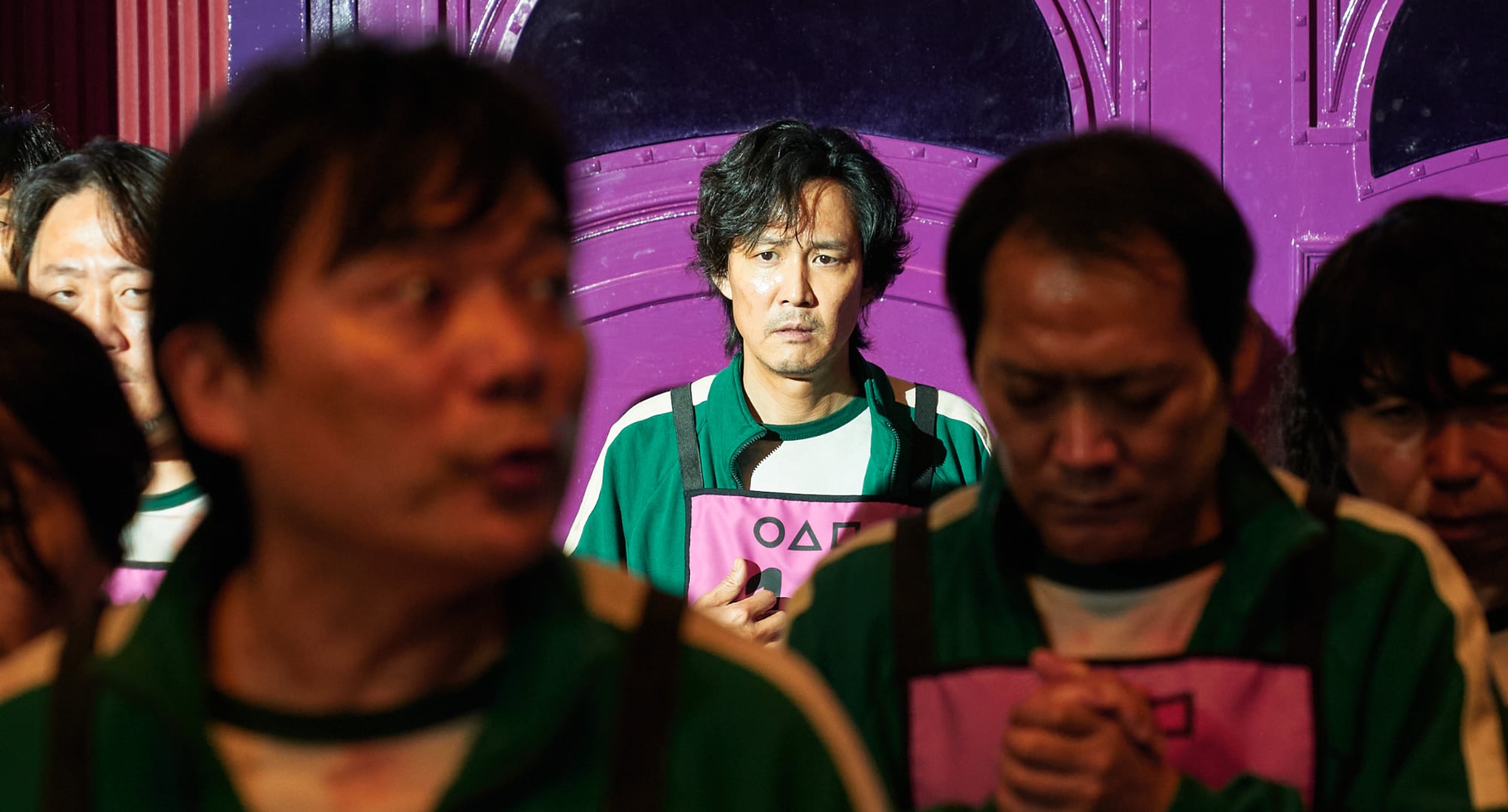
‘Squid Game’ Creator Developed the K-Drama Storyline to Help Audiences ‘Realize That the World Is Unfair’
Months after the success of Squid Game, director and creator Hwang Dong-hyuk has more to reveal about the K-drama. The 2021 drama was a work 10 years in the making as Hwang went through financial troubles, a lack of investors, and reworking the story. The creator reveals that he developed the storyline for Squid Game to show the reality of a grim society.
‘Squid Game’ questions humanity’s decisions in the face of danger and death
The Netflix K-drama gained traction thanks to its riveting story of what people are willing to do for a grand cash prize, even if it means death. Set in South Korea, the story follows Seong Gi-hun. He is a man who lost all of his money due to gambling, has no prospects, and has a broken family relationship.
But Gi-hun soon learns the dark world he lives in is much worse. He soon realizes the gravity of a broken capitalist society and the elite’s power. He and 455 players participate in the Games. Childhood games turned into battles of bloody survival. The end goal? Millions in a cash prize.
As the drama progresses, fans see the cracks of humanity. Some players willingly thwart and backtab others for a chance to stay alive. Some of Squid Game’s biggest betrayals show how far a person is willing to go. In the backdrop of it all are VIPs, people of wealth who have grown bored with their lives and pit humans against each other for fun.
Creator and director Hwang further details the mindset for developing Squid Game and the storyline that captivated on a global scale.
Creator Hwang wanted the ‘Squid Game’ storyline to change the system
No one can deny that the storyline in Squid Game critiques socioeconomic inequality. But when asked how he felt about the K-drama spawning new business ventures, Hwang explains to The Hollywood Reporter there is a more profound message than capitalism.
“I guess this show is a critique of capitalism to some extent, but let’s say Gi-hun represents 90 percent of all people, taking out the 10 percent who are really rich. He’s trying to ask us, “Is this world fair for the 90 percent of us? And if it’s not fair, who makes this world unfair and who benefits from this unfairness that we witness?'” explained Hwang. “I wanted to make this show for people to realize that the world is unfair, and ask themselves why and where we can start to make changes. I’m not trying to say that capitalism is bad in and of itself — I just wanted to raise this question about what we can do to change our system to a fairer one.”
In the real world, the 456 players are nobodies. But by the end of the K-drama, Gi-hun is still no one but has become aware of the real and “unfair” world. Instead of being oblivious and returning to life, he sacrifices to go back and try and change the system.
‘Squid Game’ portrays a more current society
Hwang digs deeper into the complexity of the K-drama. Ten years ago, Hwang’s storyline idea was seen as too brutal and unfit for society then. He even considered developing Squid Game’s storyline into a webtoon to test the waters. But Hwang explains that times have changed. “Now, I think a lot of people don’t feel that I went overboard with the story. That’s the biggest difference,” said the creator.
A lot has gone on over the past year since Squid Game. Hwang explains that his once “unrealistic” story resonates now more than ever.
“There’s so much inflation now, and together with the war, the poor are becoming even poorer because the interest rates are higher, it’s more difficult to pay back their debt and gas prices are so high. Ten years ago, people thought nobody would join a Squid Game, but now people maybe do want to because it’s so hard to get by,” said Hwang.
It is hard to imagine that the most prominent example of current society comes from a K-drama. Then again, the drama’s success has also led Netflix to develop a real-life game. It combines the storyline lesson on capitalism and people’s unique fascination.


